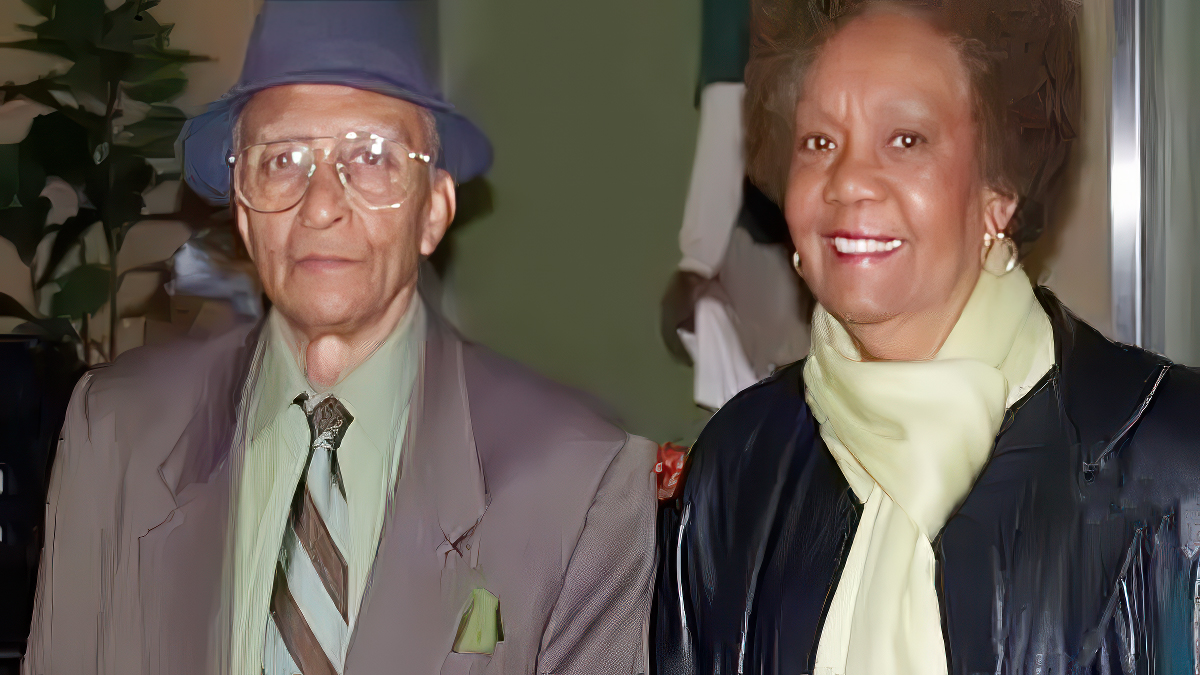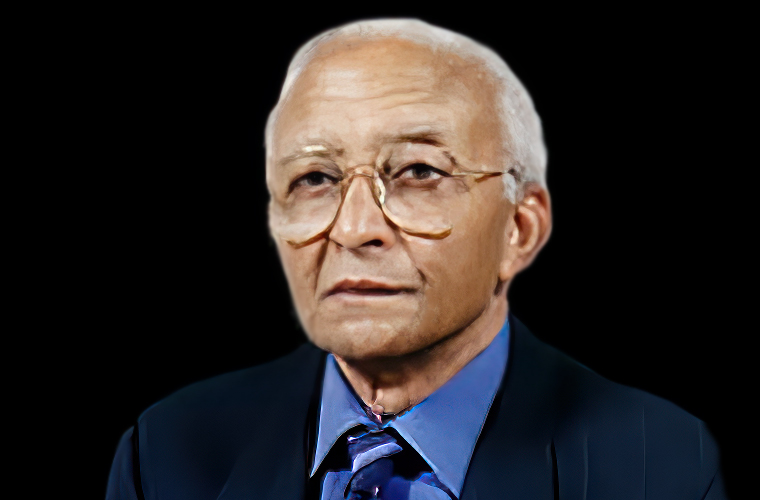Neely Fuller Jr. was born on June 6, 1929, in Galax, Virginia. He grew up in a segregated society and experienced racial discrimination firsthand. After serving in the U.S. Army during the Korean War, he moved to Washington D.C., and became involved in the civil rights movement.
Fuller worked as a barber for many years, but he also began to study and write about issues related to racism and social justice. In the 1960s, he became a member of the Nation of Islam and later joined the Black Panther Party. He eventually left these organizations and began to develop his own ideas about how to combat racism.
In 1971, Fuller published his first book, “The Word Guide,” which was a dictionary of colloquial terms used in African American culture. He continued to write and publish works on race and racism, including “The United Independent Compensatory Code/System/Concept” and “The Compensatory Concept: A Code for Victims of Racism,” which have become influential texts in the African American community.

Fuller’s work is focused on understanding the dynamics of racism and developing strategies for countering it. He argues that racism is a system of power that is used to maintain dominance over people of color and that it can only be defeated through the development of a system of counter-racism.
Fuller has also been an outspoken critic of what he sees as the negative effects of integration and assimilation on African American culture. He believes that these processes have led to the loss of a distinctly African American identity and culture.
Today, Neely Fuller continues to write and speak on issues related to race and racism. His work has been influential in the African American community and has been studied and debated by scholars and activists alike.

